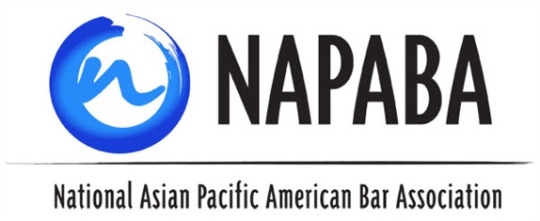WASHINGTON — The National Asian Pacific American Bar Association (NAPABA) is disappointed by the outcome of the U.S. Supreme Court’s split decision announced today in United States v. Texas. The court did not reach a decision in a challenge to the President’s executive action on immigration, including the Deferred Action for Parents of Americans and Lawful Permanent Residents (DAPA) and expanded Deferred Action for Childhood Arrivals (DACA). The split outcome leaves in place the Court of Appeals for the Fifth Circuit’s decision to block implementation of the programs.
“We are disappointed in the decision of the Supreme Court to not make a clear statement on the Fifth Circuit’s decision to enjoin the implementation of these important immigration policies. The outcome leaves over four million undocumented immigrants living in the shadow of deportation,” said NAPABA President Jin Y. Hwang. “Today’s result underscores the importance of Congress taking swift action to pass comprehensive immigration reform.”
The lower court in this case temporarily blocked the implementation of the expanded DACA and DAPA programs, which affected an estimated 4.9 million undocumented and vulnerable immigrants, including approximately 1.3 million Asian Pacific Americans. Under these programs, eligible applicants would not be a priority for deportation and could apply for a temporary work authorization. The original DACA program remains unaffected and more than 100,000 Asian Pacific Americans remain eligible for that program.
NAPABA, along with a diverse coalition of 325 immigration, civil rights, labor, and social service groups, including the National Immigration Law Center, filed an amicus brief with the U.S. Supreme Court in this case to urge the Court to lift the injunction that has blocked the President’s executive action on immigration from moving forward. View the brief here.
For more information, the media may contact Brett Schuster, NAPABA communications manager, at 202-775-9555 or bschuster@napaba.org.


